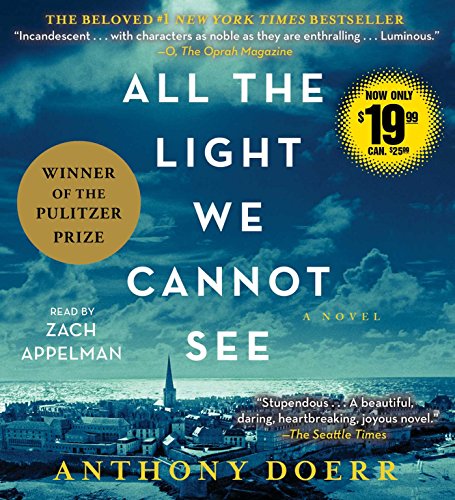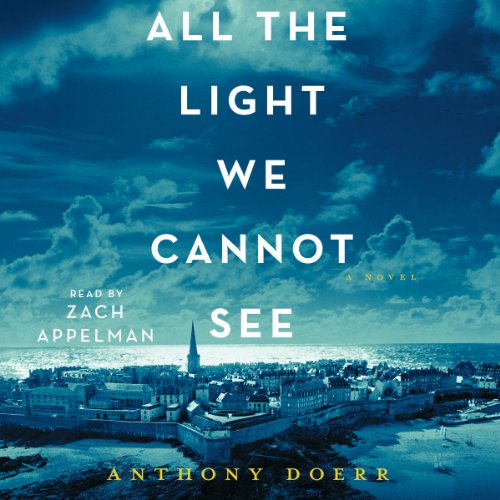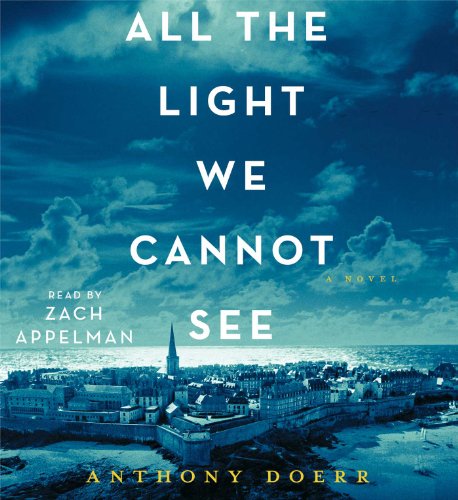
Over two and a half years on the New York Times bestseller list and winner of the Pulitzer Prize, the stunningly beautiful and captivating story about a blind French girl and a German boy whose paths collide in occupied France during World War II—now available from Encore!
Marie-Laure lives in Paris near the Museum of Natural History, where her father works. When she is twelve, the Nazis occupy Paris and father and daughter flee to the walled citadel of Saint-Malo, where Marie-Laure’s reclusive great uncle lives in a tall house by the sea. With them they carry what might be the museum’s most valuable and dangerous jewel.
In a mining town in Germany, Werner Pfennig, an orphan, grows up with his younger sister, enchanted by a crude radio they find that brings them news and stories from places they have never seen or imagined. Werner becomes an expert at building and fixing these crucial new instruments and is enlisted to use his talent to track down the resistance. Deftly interweaving the lives of Marie-Laure and Werner, Doerr illuminates the ways, against all odds, people try to be good to one another.
Doerr’s “stunning sense of physical detail and gorgeous metaphors” (San Francisco Chronicle) are dazzling. Ten years in the writing, a National Book Award finalist, All the Light We Cannot See is a magnificent, deeply moving novel from a writer “whose sentences never fail to thrill” (Los Angeles Times).
An Amazon Best Book of the Month, May 2014: Does the world need yet another novel about WWII? It does when the novel is as inventive and beautiful as this one by Anthony Doerr. In fact, All the Light We Cannot See–while set mostly in Germany and France before and during the war–is not really a “war novel”. Yes, there is fear and fighting and disappearance and death, but the author’s focus is on the interior lives of his two characters. Marie Laure is a blind 14-year-old French girl who flees to the countryside when her father disappears from Nazi-occupied Paris. Werner is a gadget-obsessed German orphan whose skills admit him to a brutal branch of Hitler Youth. Never mind that their paths don’t cross until very late in the novel, this is not a book you read for plot (although there is a wonderful, mysterious subplot about a stolen gem). This is a book you read for the beauty of Doerr’s writing– “Abyss in her gut, desert in her throat, Marie-Laure takes one of the cans of food…”–and for the way he understands and cherishes the magical obsessions of childhood. Marie Laure and Werner are never quaint or twee. Instead they are powerful examples of the way average people in trying times must decide daily between morality and survival. –Sara Nelson



